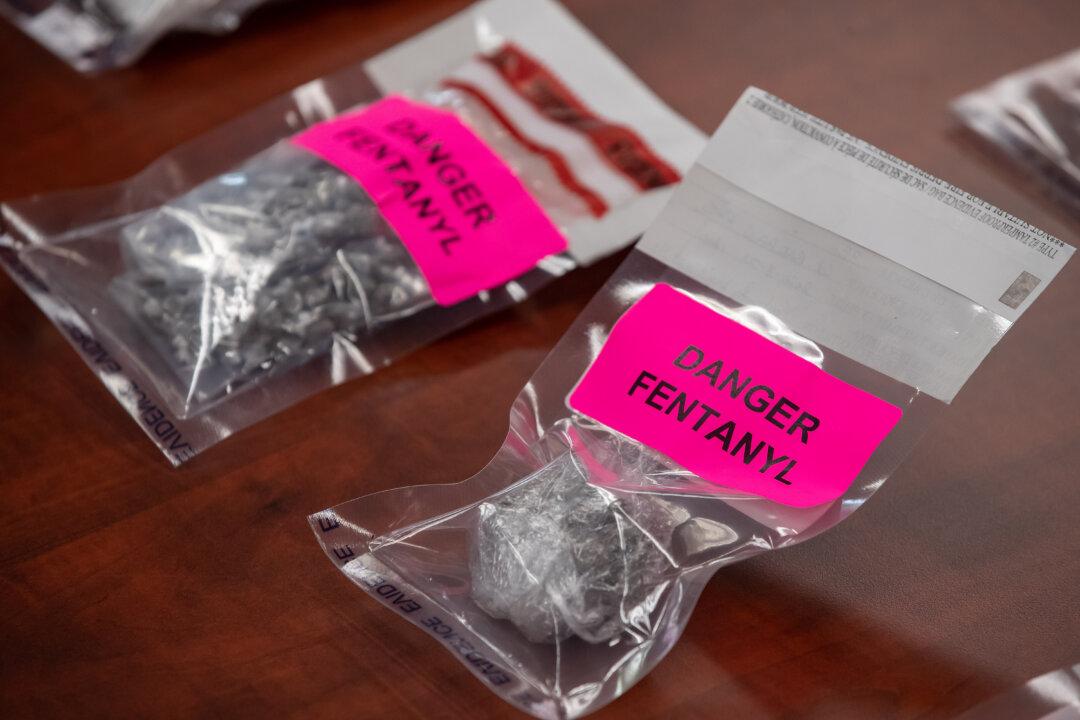Drug overdose deaths in Canada have increased by one-third, Statistics Canada has reported. This rise in fatalities coincided with legislative discussions regarding the nationwide decriminalization of heroin.
A StatCan report, titled “Deaths 2021,” said that “unintentional deaths caused by accidental poisonings accounted for 7,006 deaths in 2021, an increase of 31.9 percent compared with 2020.”





